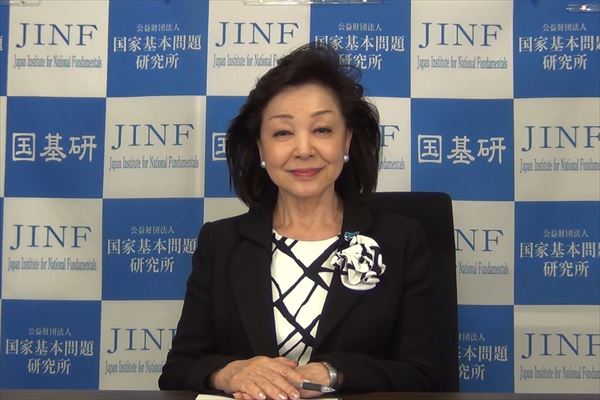In the face of the expanding novel coronavirus epidemic in major Japanese cities such as Tokyo and Osaka, Prime Minister Shinzo Abe declared a state of emergency on April 7 for the first time after World War II. The time has finally come for Japan’s way of being to be tested.
Western news media have criticized the Japanese declaration as ineffective because it fails to allow central or local governments to issue mandatory orders. In the only exception, prefectural governors are empowered to forcibly use land plots for building temporary hospital facilities after requesting their owners to provide the plots. Even the exception has come under fire from the progressives for restricting private rights. As requests to stay home and instructions to suspend business are not enforceable, their effectiveness is naturally doubted.
Japanese should prove their real strength
Under the postwar constitution rewritten after Japan’s defeat in the war, personal freedom and rights are emphasized as much as possible, with government having almost no power to order. The constitution is a stateless constitution. It sticks to the thought that the state should be denied and that state power, unless monitored and bound by the people, would be arbitrarily abused. Therefore, the constitution prohibits Japan from possessing “war potential” or “the right of belligerency.”
Japanese constitutional scholars, many of whom are the students of Toshiyoshi Miyazawa, a former Tokyo Imperial University law professor who founded “constitutional studies without thinking of a state,” have asserted that human rights cannot be constrained even for the sake of the state or the people. The Asahi Shimbun newspaper and other left-leaning media have repeatedly criticized Prime Minister Abe for what they call his “iron-fist approach,” trying to put a brake on the declaration of a state of emergency and the restriction of private rights.
Then came the declaration.
How can Japan overcome the coronavirus crisis through a national consensus and cooperation even in the absence of strong state power or any big authorities for the prime minister? In the absence of a state power and command structure, Japanese politicians and people must be wiser and more disciplined than those in other countries to get over the crisis. So, the time has come for Japanese to demonstrate their real strength.
Present constitution’s limitations exposed
In retrospect, Japan has been defended by its security treaty with the United States after the war. Meanwhile, Japanese people have based their living on good values and kept social gentility and safety with compassion for each other and altruism.
Even though the progressives have dominantly emphasized egoism rather than altruism, and freedom and rights rather than responsibilities and obligations, Japanese people have lived wisely and faithfully. We have helped each other in overcoming the 1995 Hanshin-Awaji Great Earthquake and the March 2011 Great East Japan Earthquake.
This time, we can certainly win against the coronavirus. Many people have met nonmandatory government requests. This is because they understand that their actions would be valuable to protect not only their own lives but also others’.
The unexpected coronavirus crisis has led many people in Japan to find the limitations of current law system including the constitution. I think the day will soon come when Japanese people amend the current constitution and restore the constitution of a normal democratic country.
Yoshiko Sakurai is a journalist and President, Japan Institute for National Fundamentals.


